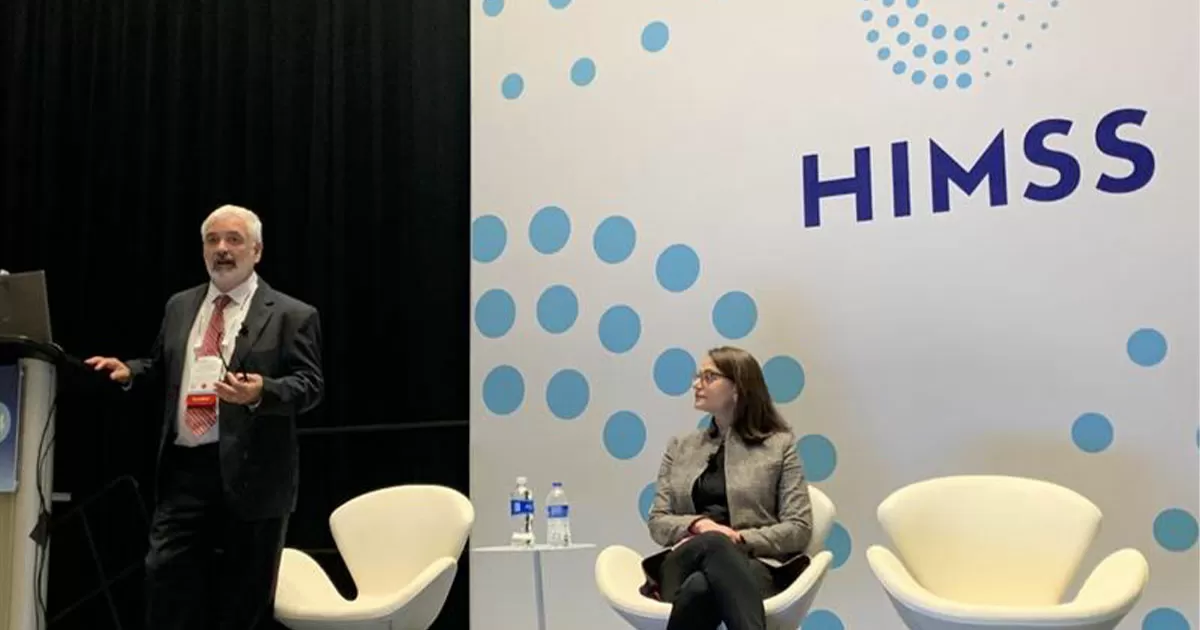With the recent announcement from the Office of the National Coordinator for Health Information Technology (ONC), multiple Qualified Health Information Networks (QHINs) can now participate in the Trusted Exchange Framework and Common Agreement (TEFCA). This means that healthcare entities will have more options for exchanging protected health data, leading to better coordination of care and improved patient outcomes. However, with this increased connectivity also comes the need for strict cybersecurity measures to protect sensitive patient information. The Sequoia Project, a nonprofit dedicated to advancing secure health data exchange, has addressed how these requirements apply to all entities participating in TEFCA.
First and foremost, it is important to understand the significance of TEFCA and its impact on healthcare data exchange. TEFCA was created as part of the 21st Century Cures Act and provides a standardized framework for sharing electronic health information across networks. This framework aims to improve interoperability between different healthcare systems and promote patient-centered care. By allowing multiple QHINs to participate, TEFCA will create a nationwide health information network, making it easier for healthcare providers to access and share patient data securely.
However, with this increased connectivity, concerns around cybersecurity have also been raised. The Sequoia Project has taken notice of these concerns and has released a statement addressing how cybersecurity requirements apply to all entities participating in TEFCA. The organization has emphasized the need for a comprehensive approach to cybersecurity, which includes not only technical measures but also organizational and administrative policies.
One of the key aspects of this approach is the requirement for all entities participating in TEFCA to comply with the Health Insurance Portability and Accountability Act (HIPAA) Security Rule. This rule sets standards for protecting electronic health information and requires covered entities to implement administrative, physical, and technical safeguards to ensure the confidentiality, integrity, and availability of patient data. The Sequoia Project has stressed the importance of HIPAA compliance in securing protected health data and has urged all entities to ensure that they are meeting these requirements.
In addition to HIPAA compliance, The Sequoia Project has also highlighted the need for entities to implement strong technical safeguards. This includes using encryption for data in transit and at rest, as well as implementing firewalls and access controls to prevent unauthorized access to sensitive information. The organization has also emphasized the importance of regular security assessments and audits to identify and address any vulnerabilities in the system.
Furthermore, The Sequoia Project has emphasized the need for entities to have a robust incident response plan in place. In the event of a data breach or security incident, it is essential for healthcare organizations to have a plan in place to mitigate the damage and protect patient information. This includes having a designated response team, clear communication protocols, and procedures for notifying affected individuals and regulatory bodies.
It is also important for entities to have proper training and education programs in place to ensure that all employees are aware of their role in maintaining cybersecurity. This includes training on how to identify and report potential security threats, as well as regular updates on best practices for safeguarding sensitive data.
The Sequoia Project has also addressed the issue of third-party vendors and their role in TEFCA. Many healthcare organizations rely on third-party vendors for various services, such as electronic health record systems or cloud storage. It is essential for entities to thoroughly vet these vendors and ensure that they are also complying with all cybersecurity requirements. This includes conducting regular security assessments and audits of their systems and verifying that they have proper safeguards in place to protect patient data.
In conclusion, the participation of multiple QHINs in TEFCA is a significant step towards improving healthcare data exchange and promoting patient-centered care. However, it is crucial for all entities involved to prioritize cybersecurity and ensure that they are meeting all necessary requirements to protect sensitive patient information. The Sequoia Project has provided valuable guidance on how these requirements apply to all entities participating in TEFCA, and it is essential for healthcare organizations to follow these recommendations to safeguard the privacy and security of patient data. With a comprehensive approach to cybersecurity, we can build a secure and efficient nationwide health information network that benefits both patients and healthcare providers.








